10 Historical Prophecies That Actually Came True
From the sinking of the Titanic to the invention of Wi-Fi, these clairvoyant individuals made astonishing predictions that came true. Learn more about the mysterious world of clairvoyance and its remarkable influence on history.
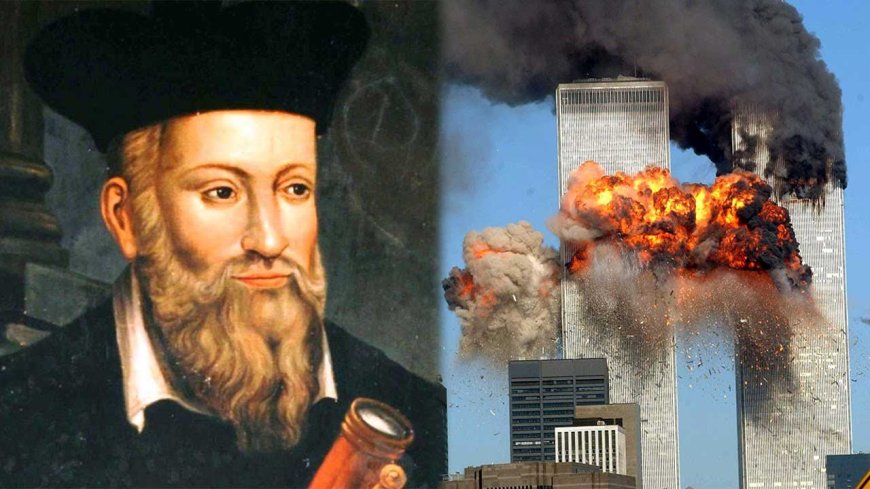
Introduction: The Mysterious World of Clairvoyance
Some humans possess a unique gift, an insight that astounds everyone when their predictions materialize. These astonishing foresights have left an indelible mark on history, showcasing the uncanny accuracy of certain prophecies. From the sinking of the Titanic to the advent of the internet, these clairvoyant individuals seemed to peer into the future with astonishing precision.
10. RMS Titanic Disaster: Clairvoyance and Accuracy in Prophecies
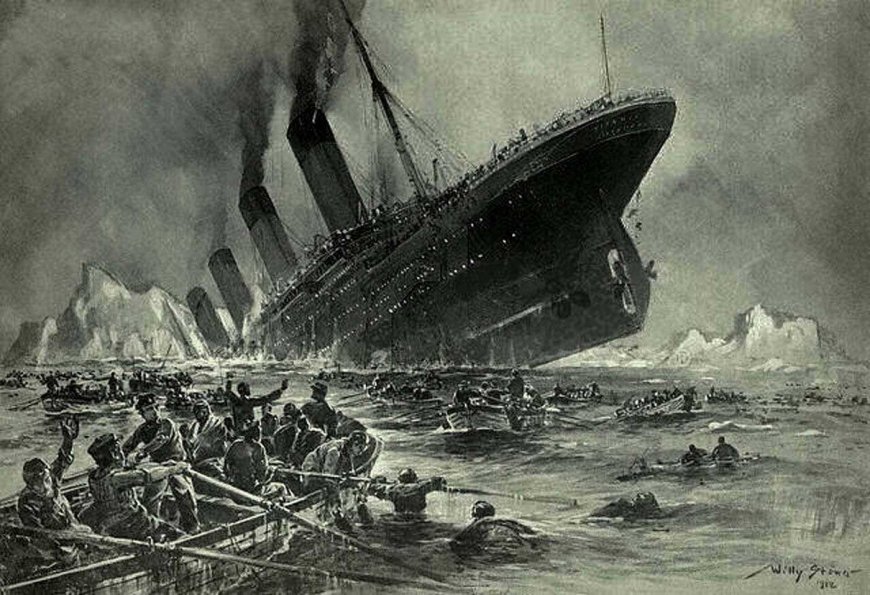
In 1898, the American author Morgan Robertson penned a novella titled "Futility or The Wreck of the Titan," eerily predicting the catastrophe of the RMS Titanic. The novella narrated the tale of the ocean liner SS Titan, which met its demise after colliding with an iceberg in the North Atlantic Ocean. Fourteen years later, in 1912, the actual sinking of the Titanic mirrored the events depicted in Robertson's work. The parallels were remarkable: both ships shared similar sizes, speeds, and the moniker of being "unsinkable." The accuracy of Robertson's predictions baffles even those who dismiss clairvoyance. (Source: Time Magazine)
9. Wi-Fi Invention Prophecy: Nikola Tesla's Futuristic Insights
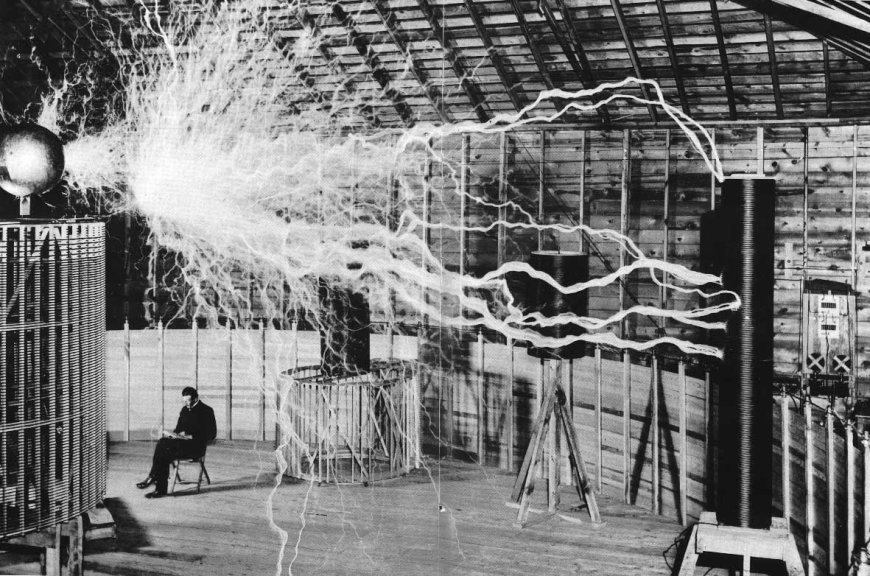
Nikola Tesla, the Serbian-American inventor and electrical engineer, known for pioneering the modern electrical supply system, made a bold prediction in 1901. In an interview with The New York Times, Tesla foresaw the ability to transmit wireless messages worldwide with ease, implying personal communication devices. This prediction anticipated the eventual invention of Wi-Fi and even mobile phones, which would only come to fruition decades later. Tesla's visionary statements underscore his profound understanding of future technology. (Sources: New York Times, Collier Magazine)
8. Organ Transplant Foresight: Robert Boyle's Forward-Looking Vision
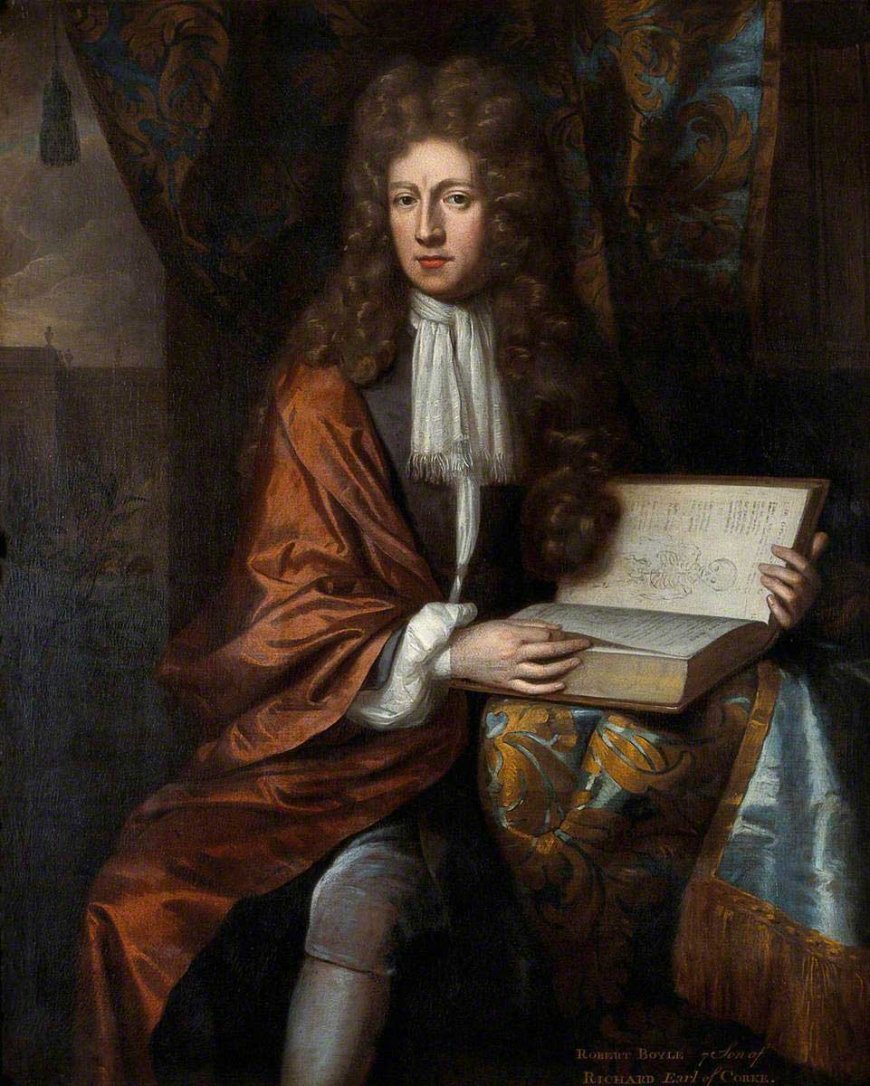
Robert Boyle, the influential scientist behind Boyle's Law and regarded as the Father of Modern Chemistry, showcased his forward-looking vision in the 1660s. In his journal, Boyle predicted the future possibility of curing diseases through transplantation – an idea unheard of during his time. Over 300 years later, the successful kidney transplant marked the realization of his prophetic notion, saving countless lives and transforming medical practices. Boyle's foresight extended beyond transplants, with mentions of other groundbreaking concepts like submarines and genetically modified crops. (Sources: Telegraph, Kidney.org)
7. Atomic Bomb Prediction: H.G. Wells' Sci-Fi Insights
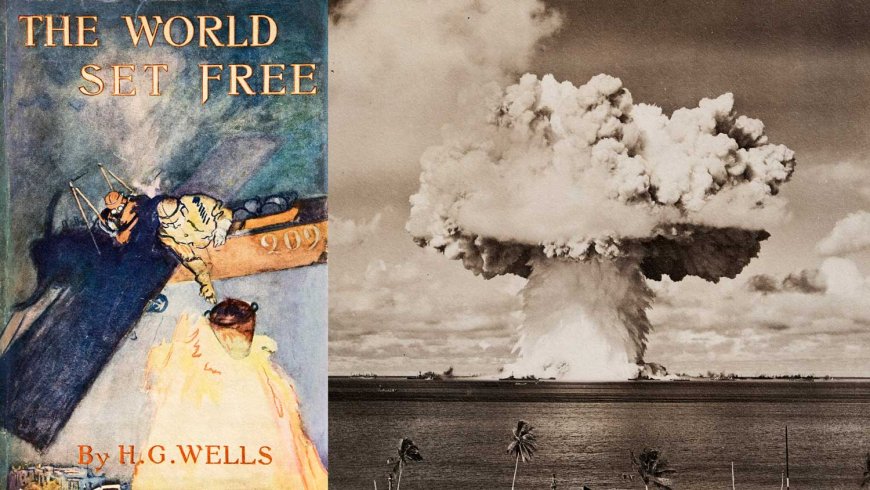
H.G. Wells, acclaimed for works like "War of the Worlds" and "The Time Machine," seemingly predicted the atomic bomb's destructive potential. In his novel "The World Set Free," published before World War II, Wells depicted a uranium-based explosive device that perpetually detonates. Despite Wells' lack of scientific expertise on radioactive elements, his foresight foreshadowed the eventual weaponization of atomic power, which commenced decades after his publication. (Source: BBC)
6. The Wall Street Crash
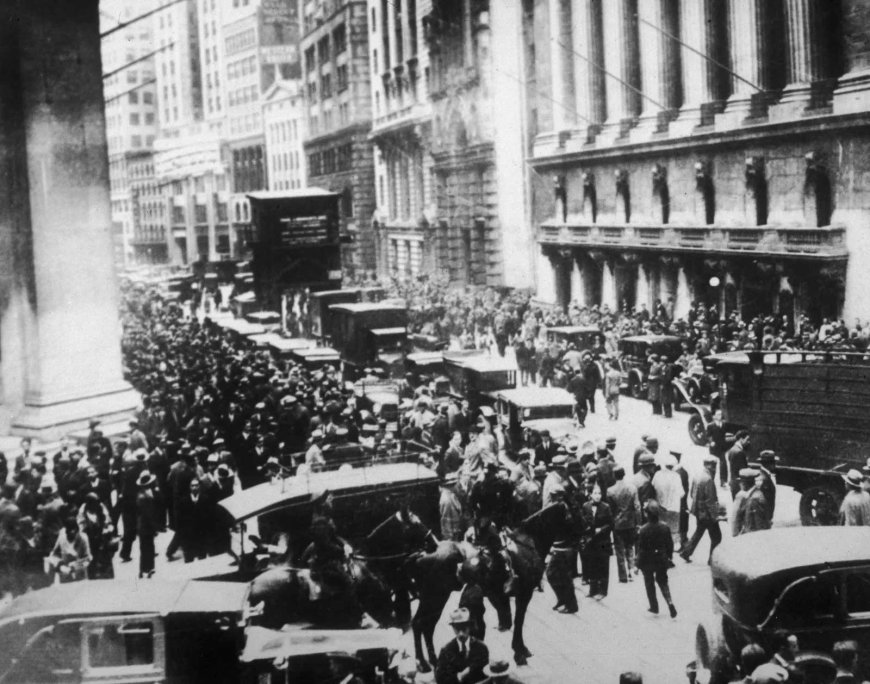
Edgar Cayce was an extremely popular mystic in the early 1920’s. He could answer almost any question from personal issues to national politics while in a trance. In 1925, Cayce began cautioning his clients that 1929 will bring the biggest economic catastrophe in America leading to depression. Some of his clients heeded to the warnings and withdrew their money. When the predicted time came, the New York Stock Exchange crashed plunging 13 million people to unemployment. The stock prices didn’t get normal until 1954.
5. Internet Prophecy Realization: Mark Twain's Vision of Global Connectivity
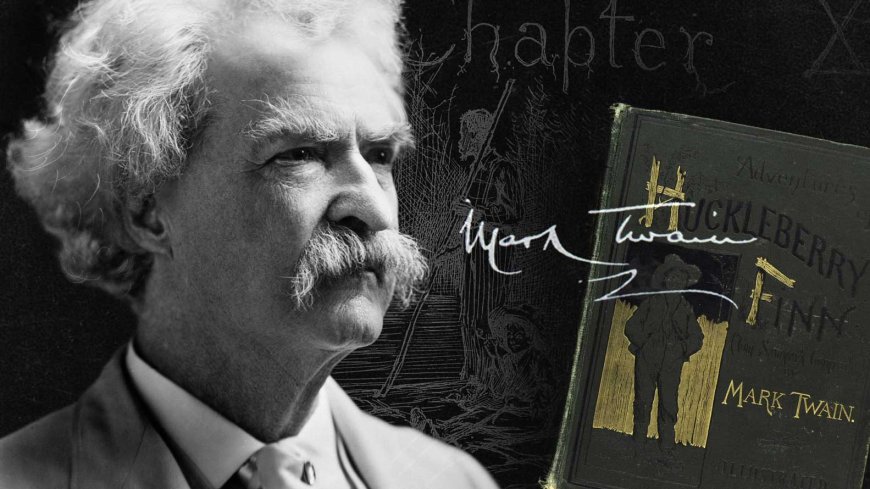
Mark Twain, the iconic American author, penned a short science fiction story in 1898 titled "From the 'London Times' in 1904," envisioning a device called the Telectroscope. This device connected to global telephonic systems, providing individuals with a view of worldwide daily events. Twain's anticipation of interconnectedness closely resembles the internet's advent nearly a century later. Twain's connection with the Haley's comet, which appeared on both his birth and death days, adds an eerie dimension to his predictions. (Sources: Solar Views, Neatorama)
4. Moon Landing Foresight: Jules Verne's Otherworldly Imagination
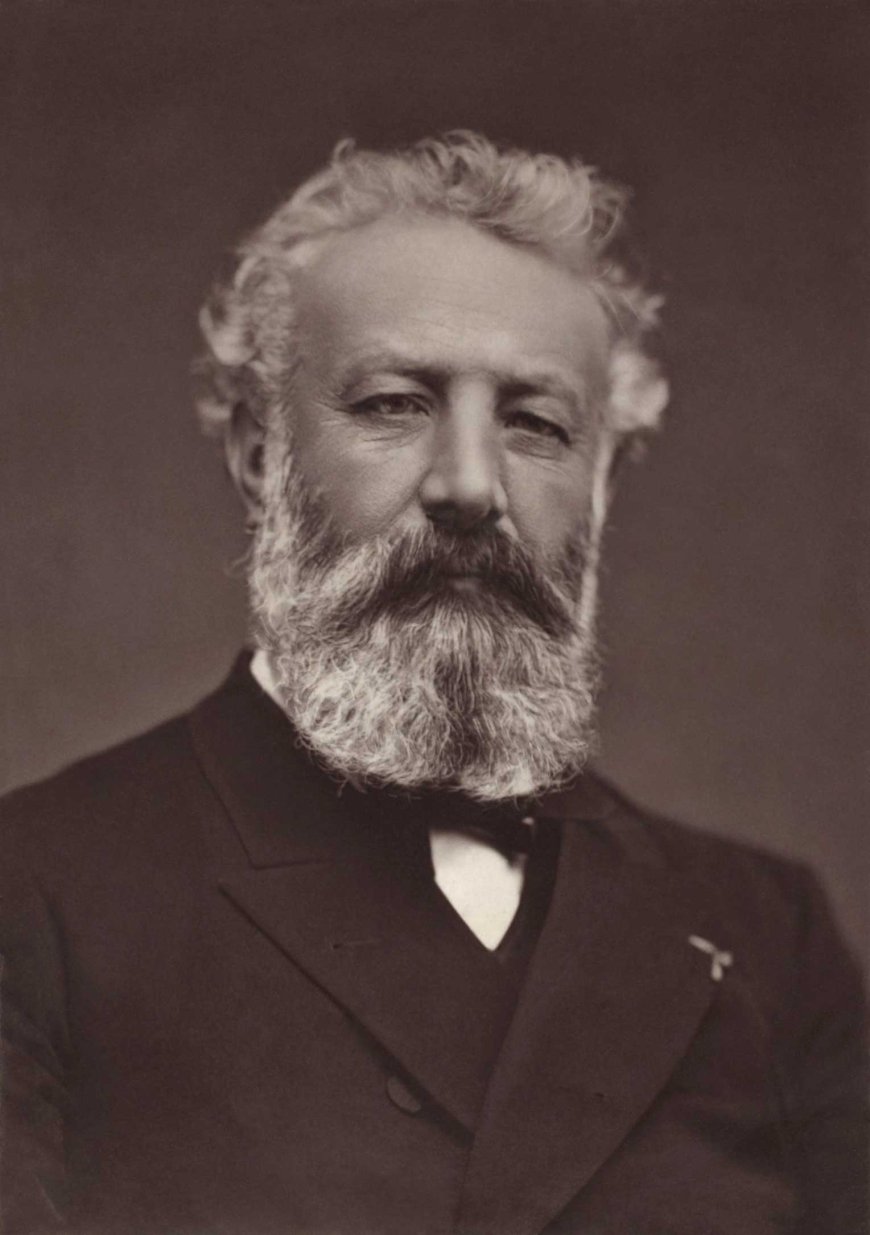
Jules Verne, a renowned French novelist of the 19th century, wrote "From the Earth to the Moon" in 1865, detailing humanity's first lunar voyage. Over a century later, in 1969, Neil Armstrong's moon landing made Verne's fictional journey a reality. Strikingly, Verne's story shared uncanny similarities with the Apollo mission, including launch locations and astronaut experiences like weightlessness. Verne's insights were particularly intriguing, given the limited scientific understanding of space during his time. (Sources: Encyclopedia Astronautica, Business Insider)
3. The Cold War: Alexis de Tocqueville's Remarkable Prediction
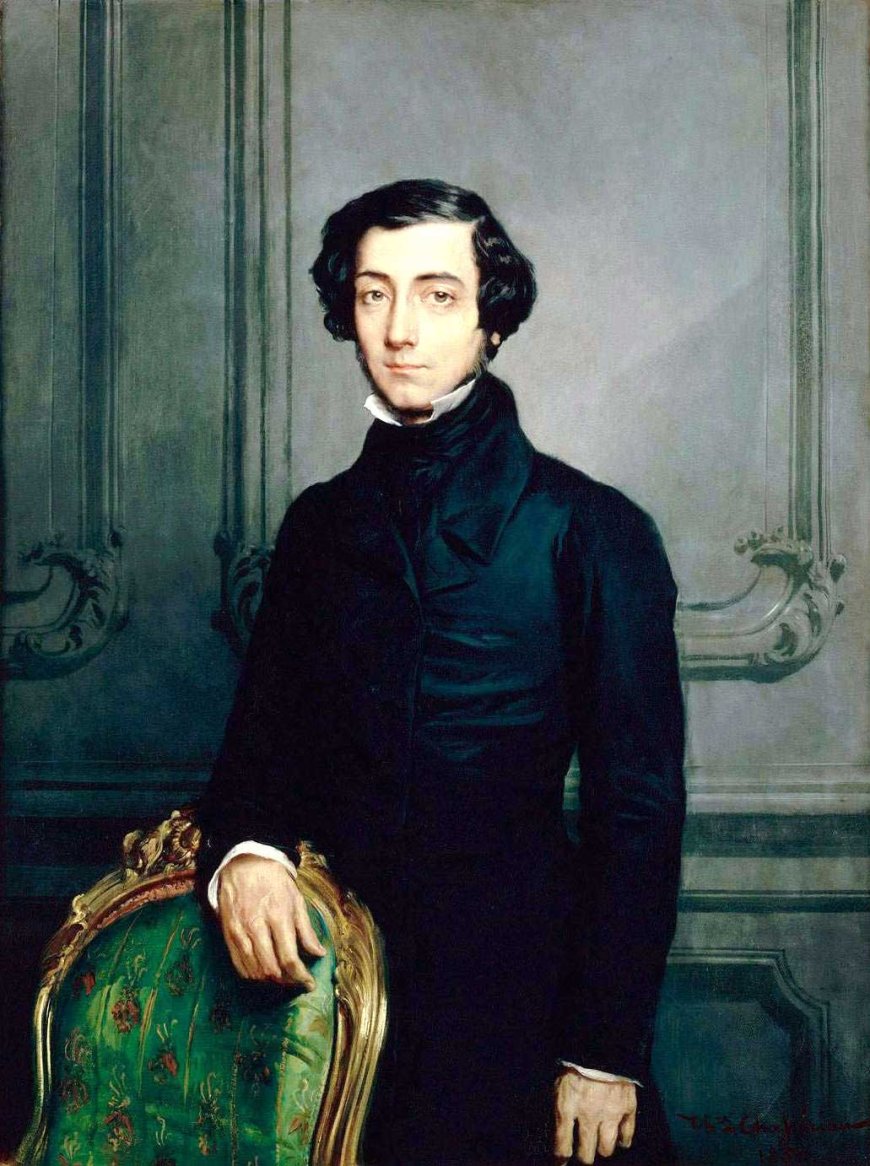
In 1840, French political scientist Alexis de Tocqueville published "Democracy in America," predicting the rise of two great nations, the United States and Russia, vying for global supremacy. Tocqueville's foresight was astonishing, as it anticipated the eventual superpower rivalry and Cold War tensions between these nations. His foresight underscores the power of geopolitical predictions and their ability to shape global narratives. (Sources: History.com, Britannica)
2. The Great Fire of London: Michel de Nostredame's Unsettling Prophecy
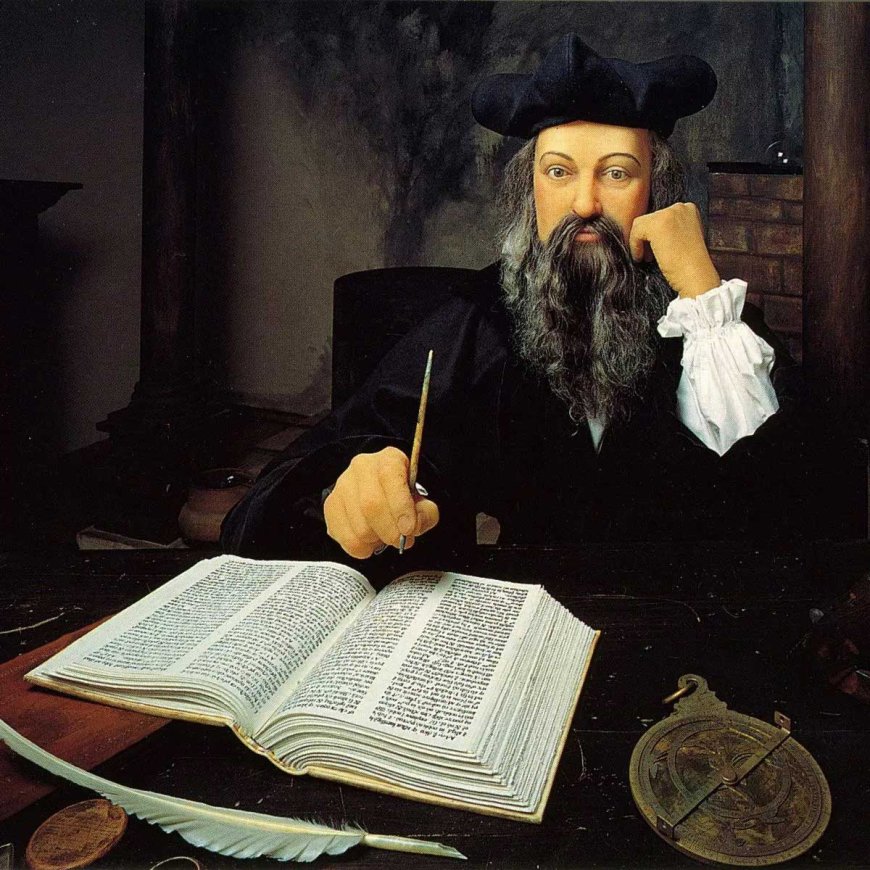
Michel de Nostredame, a legendary French apothecary and seer, is renowned for numerous predictions that came true centuries later. His prophecy of the Great Fire of London, which decimated the city in 1666, is chillingly accurate. In his book "Les Propheties," Nostredame cryptically wrote of the "blood of the just" being consumed by the fire in "66." Additionally, his predictions of the French Revolution and subsequent events offer uncanny insights into history's unfolding. (Sources: Huffington Post, Express)
1. Leonardo da Vinci's Predictions: Renaissance Polymath's Vision
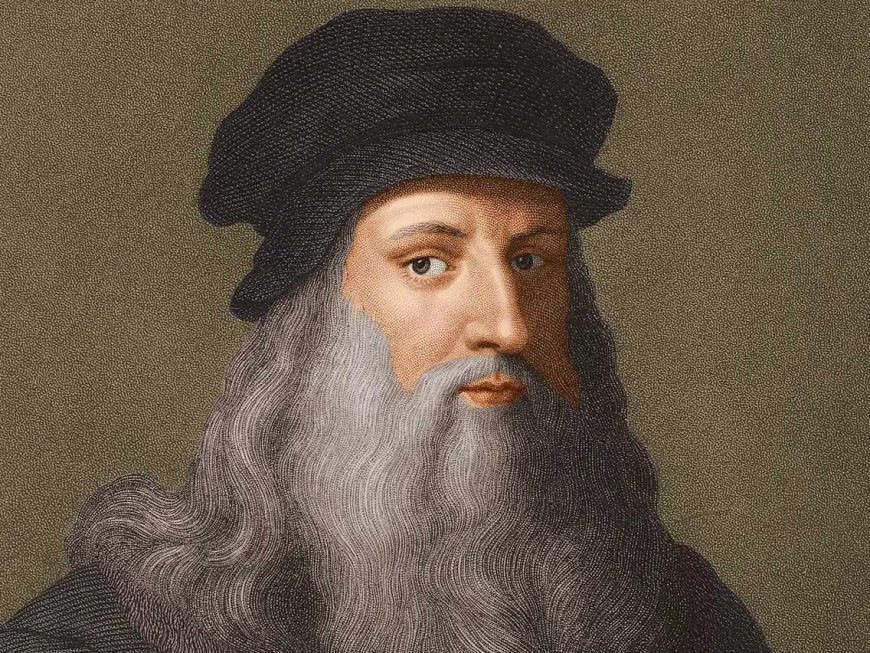
Leonardo da Vinci, a renaissance polymath renowned for his contributions to art, science, and engineering, left behind a treasure trove of sketches depicting inventions far ahead of his time. While not directly credited for these inventions, his visionary concepts included designs for armored vehicles, parachutes, and even early helicopters. Da Vinci's drawings predated the realization of these inventions by centuries, highlighting his unparalleled genius and imagination. (Sources: British Library, Interesting Engineering)
Conclusion: Clairvoyance's Remarkable Influence on History
The pages of history are illuminated with the extraordinary accuracy of clairvoyant predictions. From shipwrecks to technological advancements, these visionary individuals have left an indelible mark on the course of events. The mysterious world of clairvoyance continues to intrigue and baffle, reminding us of the enigmatic and unpredictable nature of the future.
What's Your Reaction?



























































